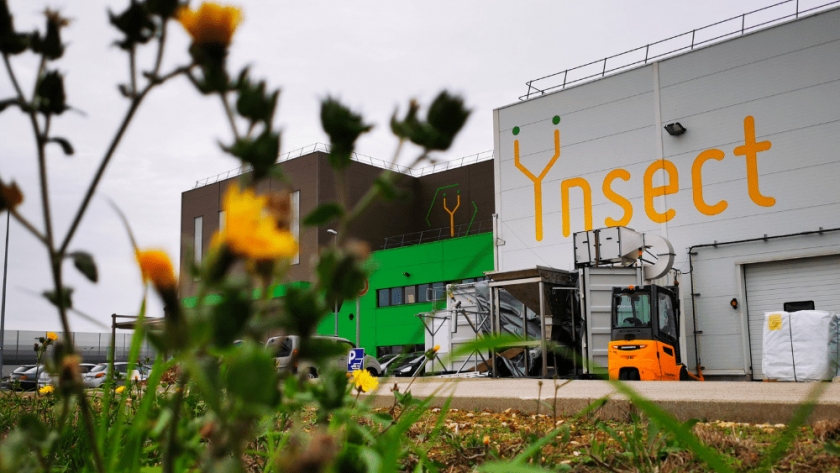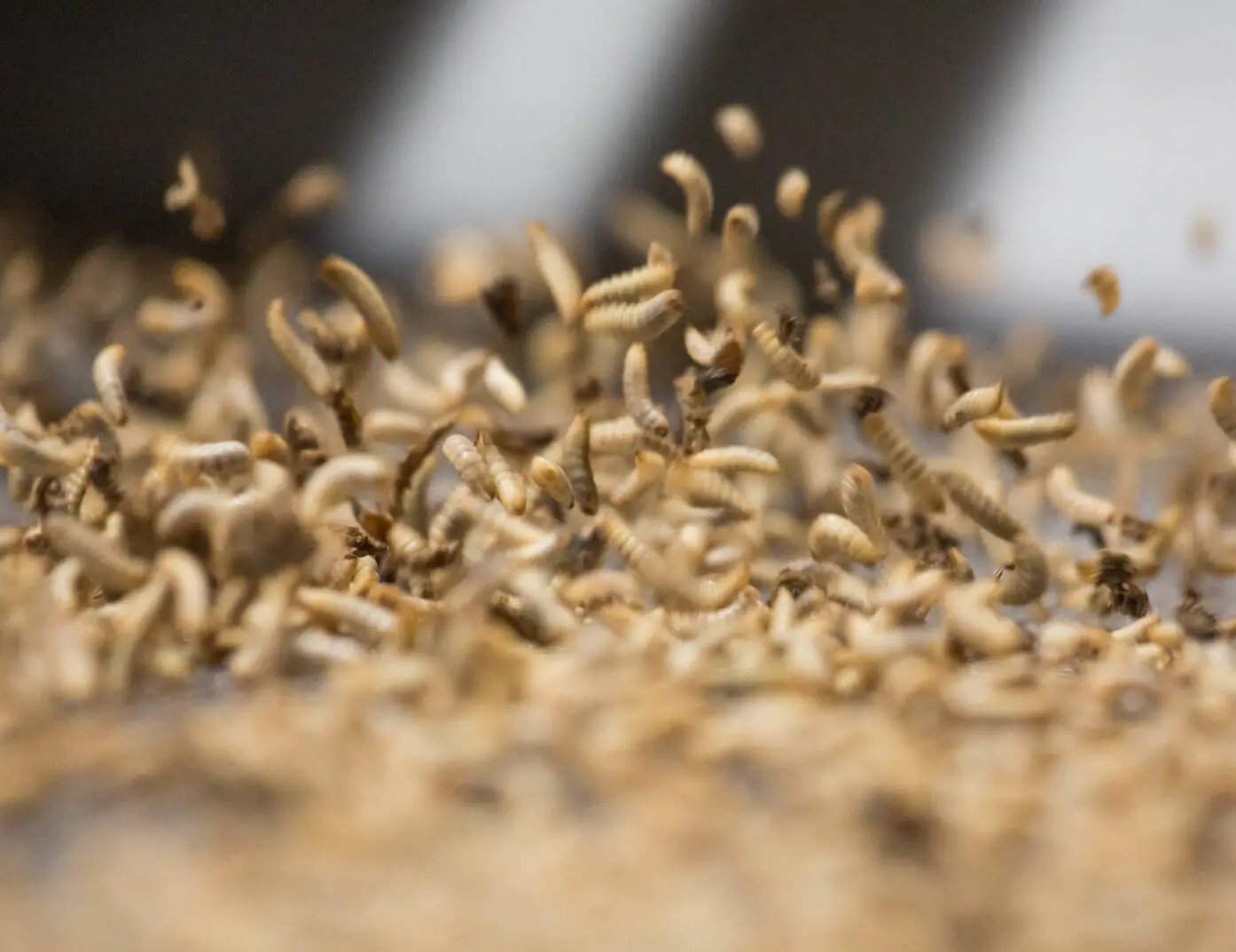
By Agroempresario.com
The economics of large-scale insect farming face a significant challenge with news that ÿnsect is "exploring all possible options, including the possibility of a third-party takeover." Meanwhile, French startup Agronutris has filed a safeguard plan with a commercial court.
This information comes just weeks after Aspire Food Group, a Canadian cricket farming company, laid off two-thirds of its staff and announced plans to scale back production to conserve cash while improving its process.
Founded in 2011 by Antoine Hubert and Alexis Angot, ÿnsect has raised nearly $580 million from investors such as Astanor, BPI France, Crédit Agricole, and Robert Downey Jr.'s Footprint Coalition. The company honed its mealworm farming process at a pilot facility in Dole, France, and began large-scale production in Amiens last summer. However, it needs to secure additional funding to achieve profitability.
Last September, ÿnsect filed a safeguard plan with a commercial court. Then, on January 17, 2025, it issued a tender offer to attract investors or buyers, with a deadline of February 17, 2025. In 2023, the company generated $6 million in revenue and had liabilities of approximately $108 million.
With 214 employees across its facilities in Amiens, Dole, Evry, and Paris, the company requires at least $135 million to reach a revenue target of $137 million by 2028. If it fails to secure investors before the deadline, it could face court-imposed restructuring, asset sales, or liquidation.
“ÿnsect remains focused on its strategy and on finding solutions quickly to prepare for the company's future and meet the demands of a growing market,” a spokesperson said.
Meanwhile, Agronutris has filed a safeguard plan with a commercial court in Sedan for its parent company, EAP Group, which manages research and administrative activities. This procedure grants it six months, with the possibility of an extension, to restructure its debt and seek new investors. However, its subsidiary Ardennutris, responsible for producing oils and proteins in Rethel, is not included in this measure.

Agronutris initially focused on human food but later shifted its focus to aquaculture and pet food. In 2021, it secured a €100 million investment to build its plant in Rethel, which began production in 2023 and established partnerships with BioMar and Frayssinet.
However, the company has noted that the current financial environment is challenging: "Access to financing has become more difficult due to economic uncertainty and investors being cautious after recent industry developments."
While ÿnsect and Agronutris's struggles cast doubt on the viability of some pioneers in the insect industry, other companies have found more sustainable models.
Maye Walraven, general manager of InnovaFeed in the U.S., noted that her company has overcome many of the challenges facing its competitors thanks to a modular development model. "We successfully transitioned from the experimental phase to industrial production a few years ago, as have other companies like Protix. We continue to expand our production capacity in France in line with our strategic goals," she stated.
Despite difficulties in securing funding, Walraven highlighted that "the industry continues to progress with increasing production and strong market demand." She also emphasized that customers remain confident in the potential of the insect industry to promote more sustainable agriculture.
The future of this industry will depend on its ability to overcome financial and technological challenges. While some companies face difficulties, others have managed to solidify their position and continue expanding, proving that only the most resilient models will endure over time.
